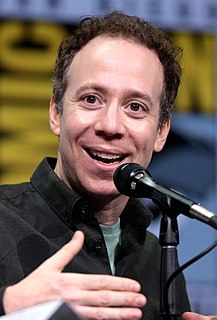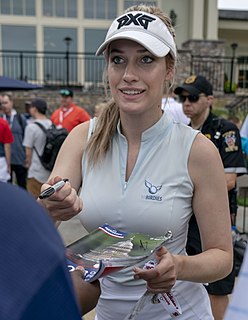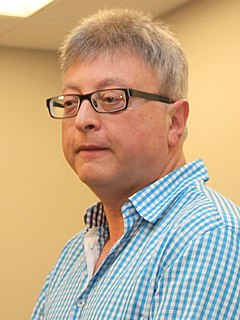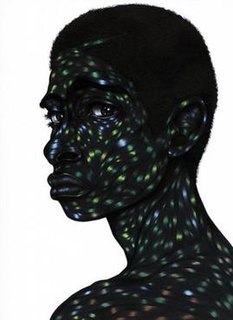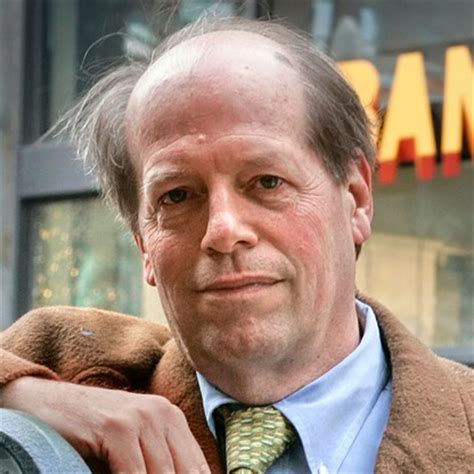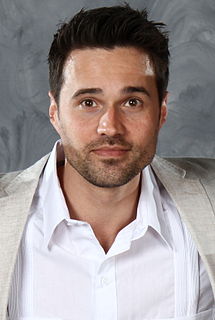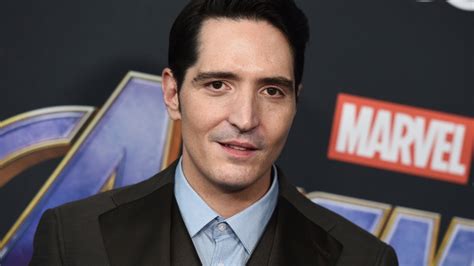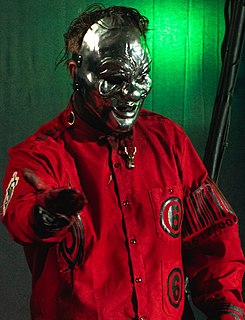A Quote by Kevin Sussman
I used to actually work in a comic book stores in New York.
Related Quotes
I think every filmmaker makes different choices. I remember in the early days, in some of the early comic book movies, certain white dissolves were used that would try to emulate the look and feel of comic book panel borders. Sometimes they would frame shots in panels or circles that gave it a real comic book feel.
We have a whole other division, where we actually literally take the comic book and animate it. Our feeling was that, if this was going to be our show and that it was going to be a brand new show, it has to be more adventures with these characters, in the same way that, through the years, there have been long runs on the comic book series. It's the same characters, with different voices, along the way.
The first comic book I ever bought, I was in third grade. It was 'Avengers,' I think, #240. I grew up in Kansas City. And I walked into a 7-11. I had seen, like, 'The Hulk' TV series. I knew about comic book heroes. I knew about it, but I hadn't actually had a physical comic in my hands until that time. And it was a big deal for me.
I think my printing to this day looks like the printing right out of a comic book. Actually, I always wanted to be in a comic book. I watched cartoons when I was a kid, too, and both comics and cartoons lit fire in my imagination. This realm holds a lot of interest for me, a lot of passion for me. So to be comic-ized, yeah, that's cool.
